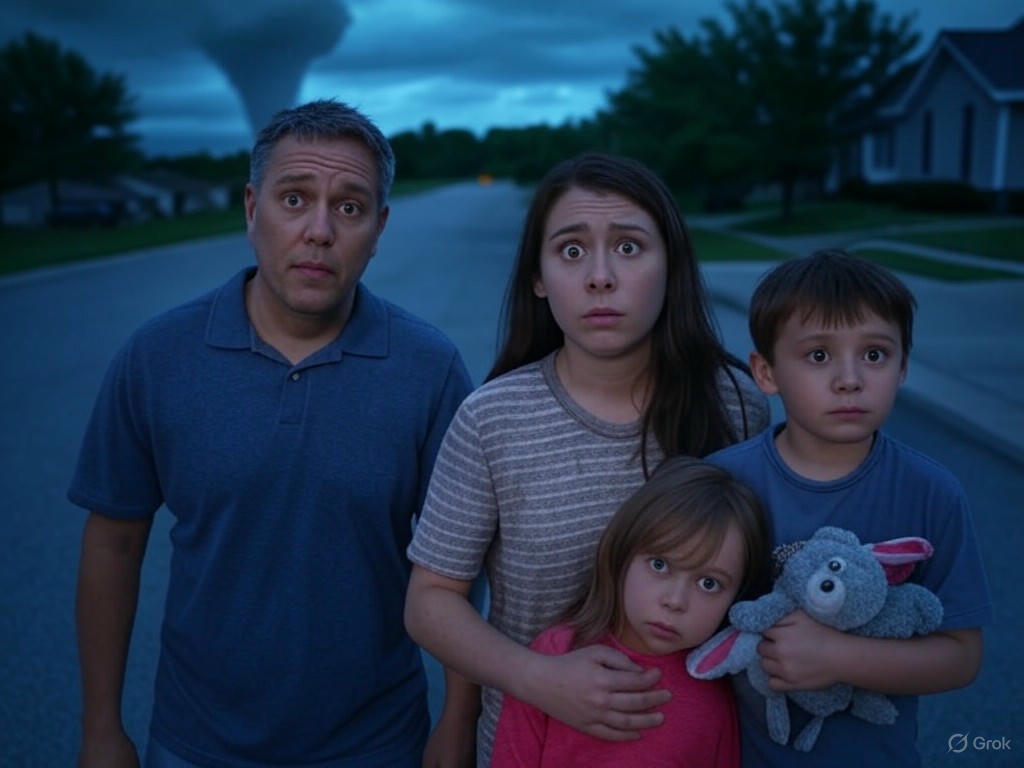Supreme Court Hearing on Birthright Citizenship Sparks Nationwide Debate
In a historic moment that has gripped the nation, the Supreme Court today heard oral arguments on former President Donald Trump's controversial push to end birthright citizenship. This emotionally charged case, unfolding during an election year, has ignited fierce debates about American identity, immigration policy, and the interpretation of the 14th Amendment. Why is this trending now? The surprise timing and the high stakes of the ruling have made it a lightning rod for both hope and fear across communities.

The Historical Context of Birthright Citizenship
To understand the weight of today’s hearing, we need to look at the roots of birthright citizenship. Enshrined in the 14th Amendment of 1868, this principle declares that anyone born on U.S. soil is automatically a citizen. Historically, it was designed to ensure citizenship for formerly enslaved individuals post-Civil War. However, its application to children of undocumented immigrants has been a point of contention for decades. Lower courts had previously blocked Trump's 2019 executive order, which sought to reinterpret the amendment’s 'subject to the jurisdiction' clause to exclude certain groups.
Today’s Supreme Court Showdown
On May 15, 2025, the Supreme Court took center stage as it heard arguments on whether federal judges overstepped by issuing nationwide injunctions to halt Trump administration policies. This isn’t just a legal battle; it’s a clash of visions for America’s future. With a conservative majority on the bench, many are watching to see if the court will redefine a cornerstone of U.S. law. The outcome could reshape immigration policy for generations.
Voices from the Courtroom
Insights from today’s session, as reported by CBS News, highlight the tension among the justices. One key point of debate is the power of lower court judges to block executive actions on a national scale.
“The justices will weigh whether lower court judges overstepped by imposing nationwide injunctions to block the Trump administration's policies.” - CBS News
Additionally, a CBS News Analyst noted the skepticism of some justices:
“Several justices have expressed concerns about nationwide injunctions, suggesting one federal judge shouldn't have such sweeping constitutional power.” - CBS News Analyst
These statements underscore a broader question: who ultimately holds the power to interpret the Constitution?
Emotional Stakes for American Families
Beyond the courtroom, this case taps into raw emotions about American identity. Supporters of the policy frame it as a necessary step to protect national sovereignty, while opponents argue it erodes civil rights foundational to the nation’s ethos. Social media platforms are ablaze with hashtags like #BornHere, where families with mixed immigration statuses share heart-wrenching stories. For many, this isn’t just policy—it’s the fear of family separation.
Insights from Trusted Sources
For a deeper dive into today’s events, check out the live coverage and analysis from CBS News. Their reporting provides firsthand accounts of the arguments and legal nuances at play. You can watch the full discussion here.
Conclusion
✔️ The Supreme Court’s hearing on birthright citizenship marks a pivotal moment in the debate over immigration and constitutional rights.
✔️ As the nation awaits a ruling, the emotional toll on immigrant families and the political divide only deepen, reminding us that law is never just about words—it’s about lives.



